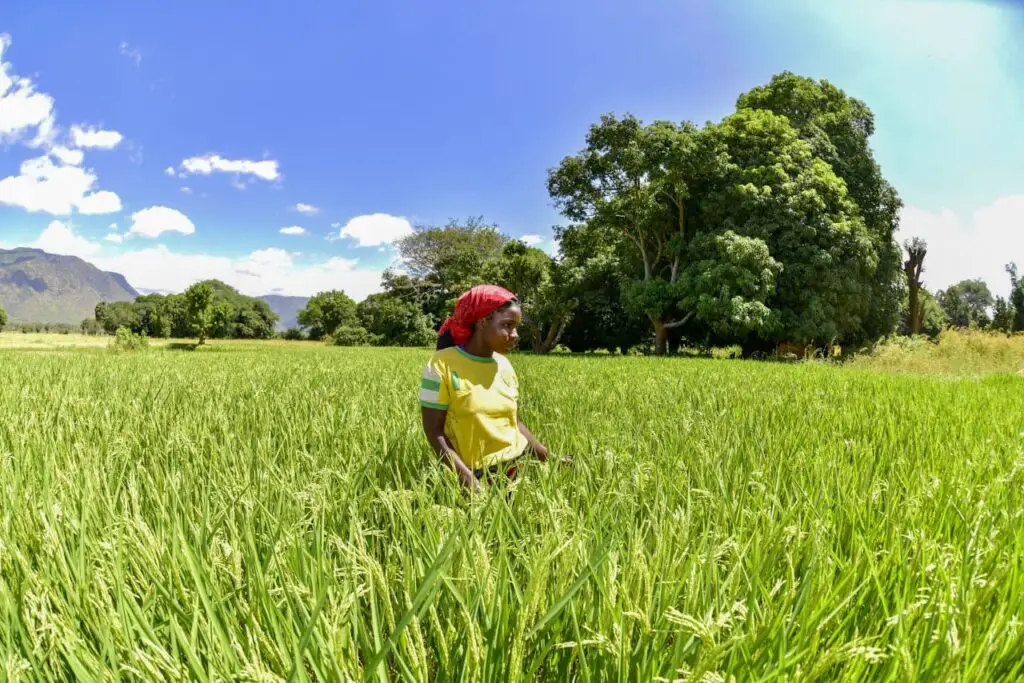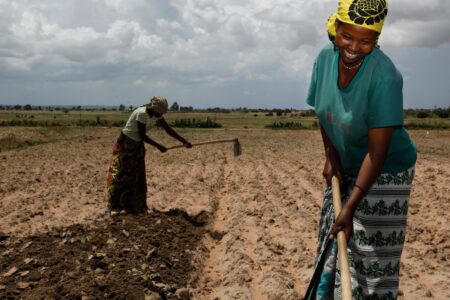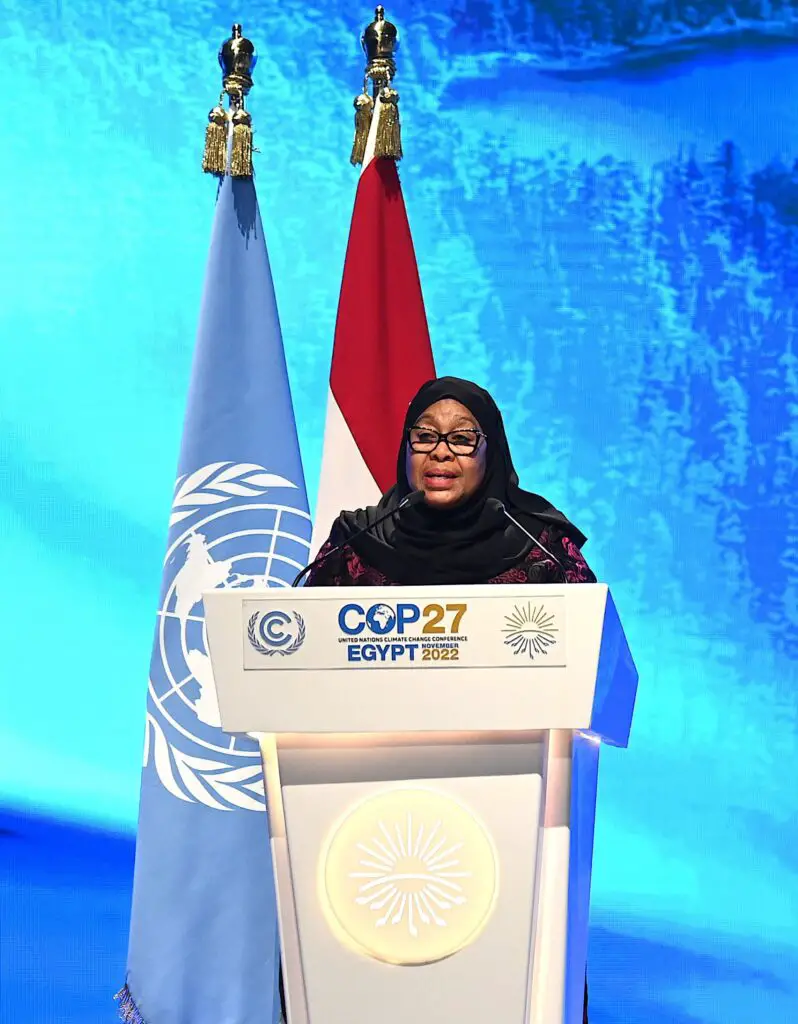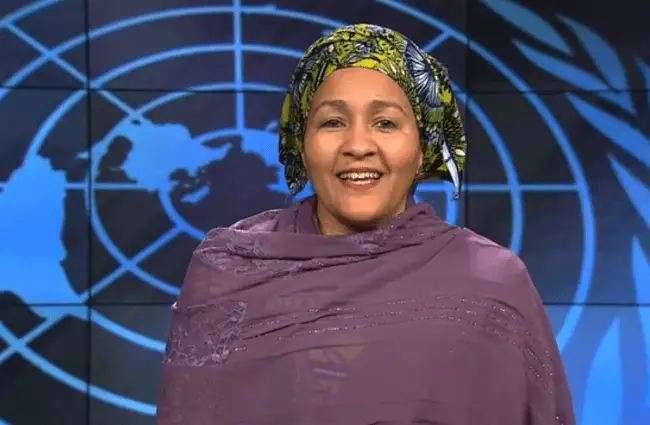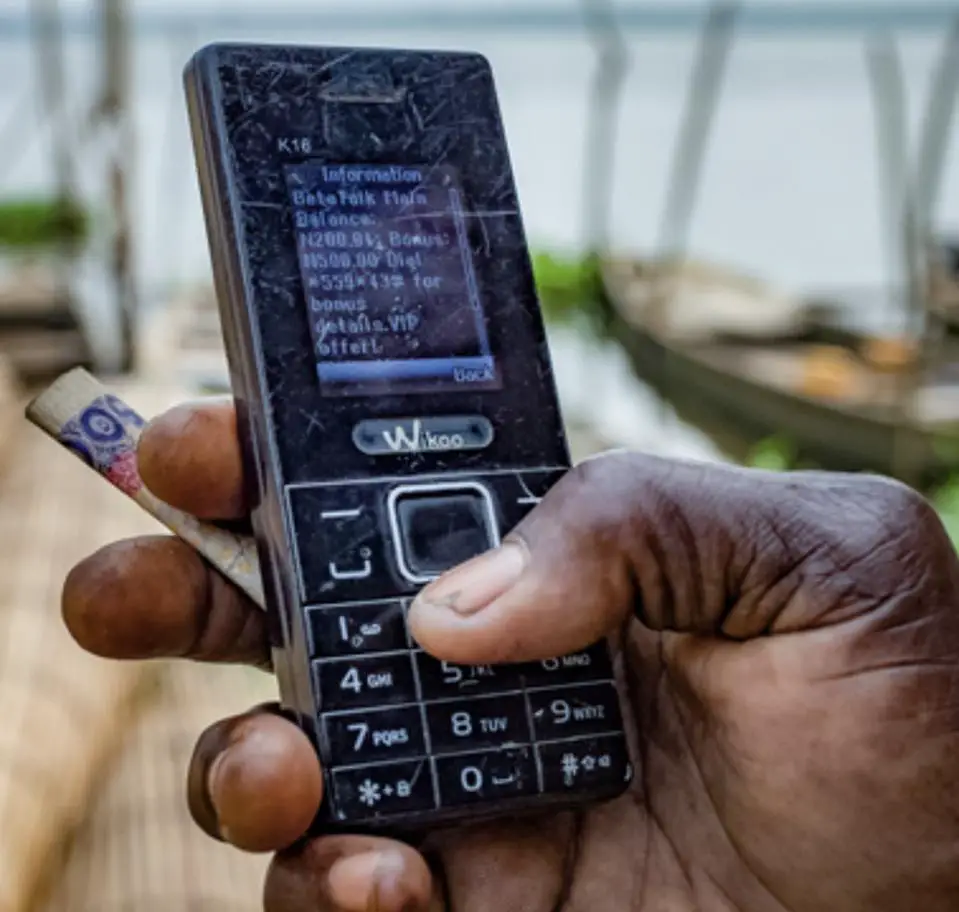- Africa’s new dawn: the rising role of digital and AI in agriculture
- Can Dangote Refinery Transform Africa Energy Ambition
- Gallup Survey: 80 per cent of Kenyan Workers Are Disengaged and Seek New Opportunities
- Madagascar Man Freed from 5KG Tumor After 15-Year Struggle
- How women in Africa are perceived and treated
- Sugar consumption in Kenya to Increase to 1.23 Million Tonnes
- Can Somalia and Turkey Oil deal Bring Change in Somaliland
- Remittances to Kenya dropped to $371.6 million in June, marking a six month low
Browsing: United Nations
- The FAO Food Price Index averaged at 127.2 points in April 2023, up 0.6 percent from March.
- According to FAO, the April rise reflected higher prices for sugar, meat, and rice.
- Price declines were, however, recorded for cereals, dairy, and vegetable oil price indices.
- FAO Chief Economist Maximo Torero terms the increase in rice prices “extremely worrisome”.
Global food prices edged up in April for the first time in the past year. The FAO Food Price Index, which tracks monthly price changes, averaged 127.2 points in April, up 0.6 percent from March.
The Index was 19.7 percent below its level in April 2022, but still 5.2 percent higher than in April 2021. “As economies recover from significant slowdowns, demand will increase, exerting upward pressure on food prices,” FAO Chief Economist Maximo Torero said.
April rise reflected higher prices for sugar, meat and rice, which offset declines in cereals, dairy …
- The continent spends over USD60 billion yearly on food imports that it could generate domestically.
- African countries have allocated large sums to agriculture, but according to experts, this is insufficient.
- As a result, countries are experiencing deficits even as governments continue to spend billions of dollars bolstering their military defenses, which fuels conflict, displacement, and hunger.
It was previously recorded that Africa’s agricultural area has expanded by more than a third during thepast two decades (2000-2019), accounting for 52 percent of the global increase, or 102 million hectares.
The continent is said to contain around one-fourth of the world’s agricultural land but millions of people continue to face malnutrition as dry and semi-arid regions are devastated by drought.
Tanzania is now executing several energy projects, including the East African Crude Pipe Line Project (EACOP), which brought several international attention fighting its realization.
The widely followed meeting is occurring in the continent for the fifth time and attracting thousands of participants engaging in serious conversations that might lead to the realization of climate targets.
The 27th meeting of parties calls for moving from negotiations (which occurred in COP26) and “planning for implementation” for all these promises and pledges made (United Nations -UN).
As Samia presents the ambitious deal on behalf of a dozen southern African nations – the pressure lies upon the developed economies to jump in and support the common cause.…
UNCTAD World Investment Report 2021 specifically states that “Greenfield investments in industry and new infrastructure investment projects in developing countries were hit especially hard.”
These financial flows of investment dollars have deep-rooted implications for Africa in the sense that they are vital for sustainable development in less developed and poorer countries.
The decline in investment flows was disproportionately skewed towards developed countries where FDI fell by 58 per cent according to UNCTAD. Investment flows in developing economies fell by a moderate 8 per cent mainly because of resilient flows in Asia.…
- United Nations Secretary-General António Guterres formalized his prior announcement that Amina J. Mohammed would continue in her role during his second term
- Guterres said Mohammed’s leadership has helped advance the conceptual shift from the UN that the Member States called for in adopting the Sustainable Development Goals (SDGs)
- Prior to first assuming her role as Deputy Secretary-General in January 2017, Mohammed served as Minister of Environment of the Federal Republic of Nigeria and Special Adviser to Secretary-General Ban Ki-moon on Post-2015 Development Planning
UN Secretary General retained
Nigeria’s Amina J. Mohammed retained UN Deputy Secretary-General of the United Nations. The United Nations Secretary-General António Guterres formalized his prior announcement that Mohammed would continue in her role during his second term.
According to Guterres, Mohammed’s leadership has helped advance the conceptual shift from the UN that the Member States called for in adopting the Sustainable Development Goals (SDGs).
The Secretary-General …
In 2020, total transaction values climbed by 22% to hit US$767 billion. or the first time, and in a pandemic, the industry is processing more over US$2 billion per day which has more than doubled since 2017.
The GSMA predicts that by the end of 2022, this value will be in excess of US$3 billion every single day. Some of the innovations that will help propel this growth include APIs and regulation initiatives like tightening transaction and balance limitations which could bolster the industry’s transaction values growth.
Transaction costs remain a big concern for many with users calling for a review of this in countries like Kenya. When the pandemic was announced in Africa, Kenya and Ghana- which also happen to be the continent’s two biggest mobile money markets– were swift to scrap fees on small person-to-person transactions. …
Debt service is putting tremendous pressure on East African governments because of limited foreign exchange earnings; therefore the Covid-19 vaccination program for East Africa will give investors confidence in most sectors especially agriculture and tourism which are major foreign exchange earners for the region.
The foreign exchange gains will lead to a positive trickle-down effect to the different businesses and general population.…
South Africa’s declining GDP is expected to set back efforts to address unemployment, poverty and inequality according to a new United Nations Development Programme study on the socio-economic impact of COVID-19 in South Africa by at least five years.
The gross domestic product (GDP) of South Africa is expected to 5.1 per cent and 7.9 per cent in 2020 and recover slowly for at least the next four years.
The study was launched by Dr Nkosazana Dlamini-Zuma South Africa’s Minister of Cooperative Governance and Traditional Affairs.
The study focused on how COVID-19 will drive temporary and long-term changes in poverty levels in the country. According to the study, the number of households below the poverty line will increase as households fall from the lower middle class.
As South Africa’s 6-month stimulus packages come to an end, 54 per cent of households that have been pushed out of the permanent job …
One of the most wonderful occurrences of the 21st century and which make distinct from previous centuries is globalization. Numerous governments, businesses and other entities from different nations are able to develop international interactions, impact and collaborations.
Different forces account for globalization. Examples include multinational organizations such as the European Union (EU) and United Nations (UN) that serve to increase co-operation among different countries. Social technology champions the seamless transfer of ideas and information within and beyond the target country.
What are the most prominent advantages of globalization?
- The boost in economic power
- Increased standards of living
- Provision of rewarding opportunities
- Increased productivity and general output.
Technology is the driving force of globalization. Technology provides some sort of template for globalization while also solving the challenges associated with it.
Let’s take a look at how technology resolved some barriers to globalization;
- Trade barriers; handled by e-commerce, electronic delivery of services,
There is only one road left to achieving the Sustainable Development Goals (SDGs) set for Africa for 2030 and that is through sustainable businesses.The sluggish progress to date has been primarily a consequence of ‘putting all our eggs in one basket’ and expecting the state to deliver the SDGs, which it cannot.
A prime obstacle in that is finance. The SDG Center for Africa estimates the financing gap to achieve the SDGs is running at between $500bn and $1.2tn a year. That is simply beyond the reach of the public sector, with the Center estimating that delivering basic state functions of health care, education, water, energy, and road infrastructure requires more than 50 per cent of the GDP of most African countries.
However, for the private sector, pursuing the 2030 goals of eradicating Africa’s hunger, poverty, and inequality and improving health care will deliver its own rewards, creating business opportunities …





